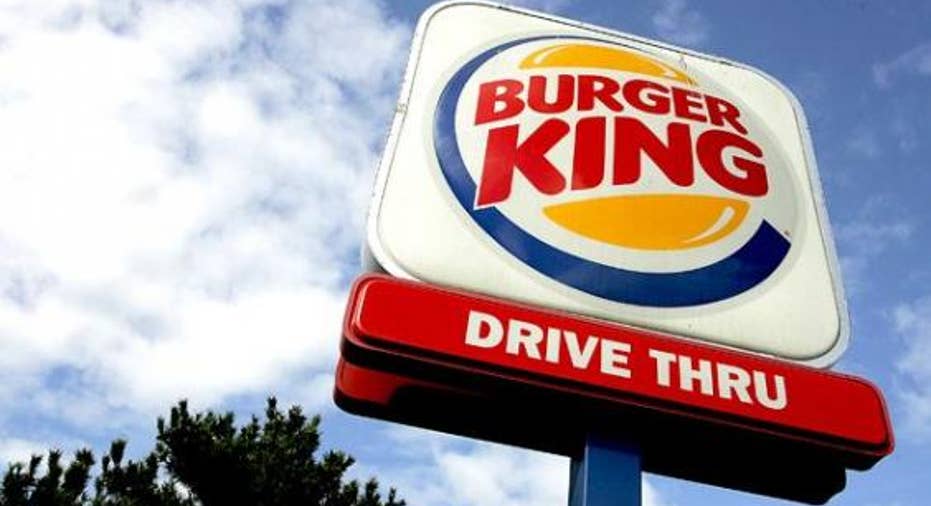The Whopper Takes On Canada

Burger King’s acquisition of Canadian coffee and donut chain, Tim Horton’s, has drawn criticism from many corners including our friends to the north, who are concerned that the classic chain will get an apple pie makeover, but the most succinct critique I heard today came from a Burger King customer on the streets of New York who had just finished lunch. “It’s the American Whopper,” she said.
Not anymore. BK says the deal is virtually complete with only Canadian regulators needed to sign on. Analysts and pundits continue to describe the acquisition as fueled by a desire to lower costs, especially tax costs. Corporate tax rates in the US are 35 percent versus 15 for Canada. Yet Burger King CEO Daniel Schwartz told reporters today in a conference call that lower taxes weren’t the “driver for the deal” and described the rate differential as not meaningful.
Instead, the company says it needs a strategy to more effectively compete in the fast food niche of the restaurant business which is sorely lacking respect from millennials, who prefer fast casual restaurant chains like Chipotle. No doubt BK needs to fix its image and improve its offerings but the tax backlash the company is receiving isn’t helping it burnish its appeal. Usually milquetoast senators are telling reporters that they are boycotting the burger chain.
Adding to the revelations, the White House’s poster boy for tax fairness, Warren Buffett, who famously proclaimed he has been under taxed for years, is financing the $10 billion Burger King deal and stands to make a tidy profit. As my mom said, things are getting curiouser and curiouser.
Here’s what I think: If tax policies don’t change, BK is the beginning of the wave of U.S. companies which will move offshore to become more competitive. And yet, the administration is adamant in refusing to even consider a more competitive rate for corporate profits. In fact, the Treasury department is engaging in backdoor efforts to stop these moves offshore. And, that will be a waste of time because the more that companies believe regulators are closing the door to these so-called inversion deals, the more likely they are to pursue them. So, in effect, the White House’s policy may speed the result they are hoping to prevent. Hey, White House, if even your tax fairness guru isn’t with you, it might be time to change sides.



















